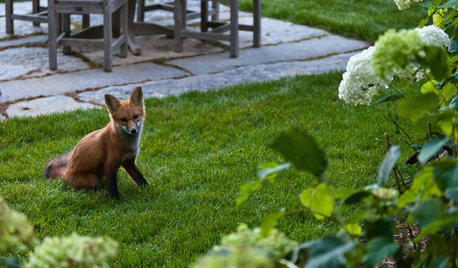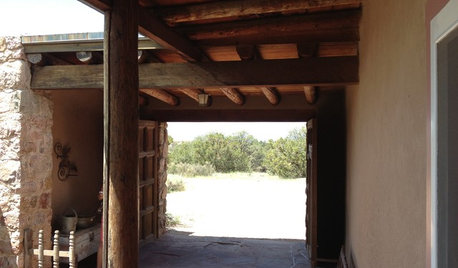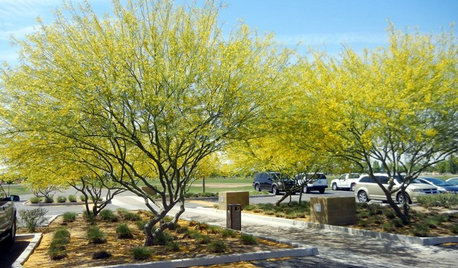Danger of Horse Manure
dirtydan
14 years ago
Featured Answer
Comments (28)
Lloyd
14 years agogargwarb
14 years agoRelated Professionals
Clark Landscape Architects & Landscape Designers · Leawood Landscape Architects & Landscape Designers · Mooresville Landscape Contractors · Commack Landscape Contractors · Gainesville Landscape Contractors · Lewisville Landscape Contractors · Mendota Heights Landscape Contractors · Pleasant Grove Landscape Contractors · Rio Linda Landscape Contractors · Soddy Daisy Landscape Contractors · New Carrollton Landscape Contractors · Commerce City Decks, Patios & Outdoor Enclosures · Jackson Decks, Patios & Outdoor Enclosures · Pecan Grove Decks, Patios & Outdoor Enclosures · Statesville Decks, Patios & Outdoor Enclosuresdocgipe
14 years agogargwarb
14 years agoLloyd
14 years agonatschultz
14 years agobpgreen
14 years agoKimmsr
14 years agotoxcrusadr
14 years agotoxcrusadr
14 years agoboomer9
12 years agosubk3
12 years agocurtludwig
12 years agovermontkingdom
12 years agotsugajunkie z5 SE WI ♱
12 years agocurtludwig
12 years agomiriamHansen62
11 years agoflaggfish
11 years agotoxcrusadr
11 years agomiriamHansen62
11 years agopaulsiu
11 years agotoxcrusadr
11 years agomiriamHansen62
11 years agoemgardener
11 years agoKimmsr
11 years agojolj
11 years agoctnchpr
11 years ago
Related Stories

GARDENING GUIDESThe Poop Scoop: Enrich Your Soil With Good Old Manure
Get over the ick factor already — this natural super-ingredient for soil has so many benefits, you'll wonder why you ever went chemical
Full Story
FUN HOUZZThe Cutest Darn Animals on Houzz
You might end up admiring these horses, goats, llamas and more until the cows come home
Full Story
GARDENING GUIDESLush, Foodie Abundance in a Small Urban Garden
This modest backyard garden provides its owner with fruit and vegetables all year round, thanks to an innovative low-maintenance approach
Full Story
ARCHITECTUREDesign Detail: Enter the Zaguan
Never heard of a zaguan? You're not alone. Learn about this traditional Southwestern entry portal and see some contemporary examples
Full Story
SOUTHWEST GARDENINGSouthwest Gardener's May Checklist
Let May's warm temperatures guide your edible and flowering garden plantings, and don't forget to protect and prune your picks
Full Story
LANDSCAPE DESIGNGardening for Happy Kids
Foster creativity, self-esteem and more by designing your landscape with a sense of discovery
Full Story
ARCHITECTUREAll the Possibilities: 4 Homes at the Edge of the Earth
Travel to the far reaches of land, where these residences straddle rocky cliffs, leafy lakeshores and choppy inlets
Full Story
PETS5 Finishes Pets and Kids Can’t Destroy — and 5 to Avoid
Save your sanity and your decorating budget by choosing materials and surfaces that can stand up to abuse
Full Story
BARN HOMESA Rebuilt Barn Pulls Some Neat Tricks
Using the same materials, an architect recreates the charm of the original barn while hiding the modern structural elements
Full Story
GARDENING GUIDESHow to Switch to an Organic Landscape Plan
Ditch the chemicals for a naturally beautiful lawn and garden, using living fertilizers and other nontoxic treatments
Full StoryMore Discussions







natschultz